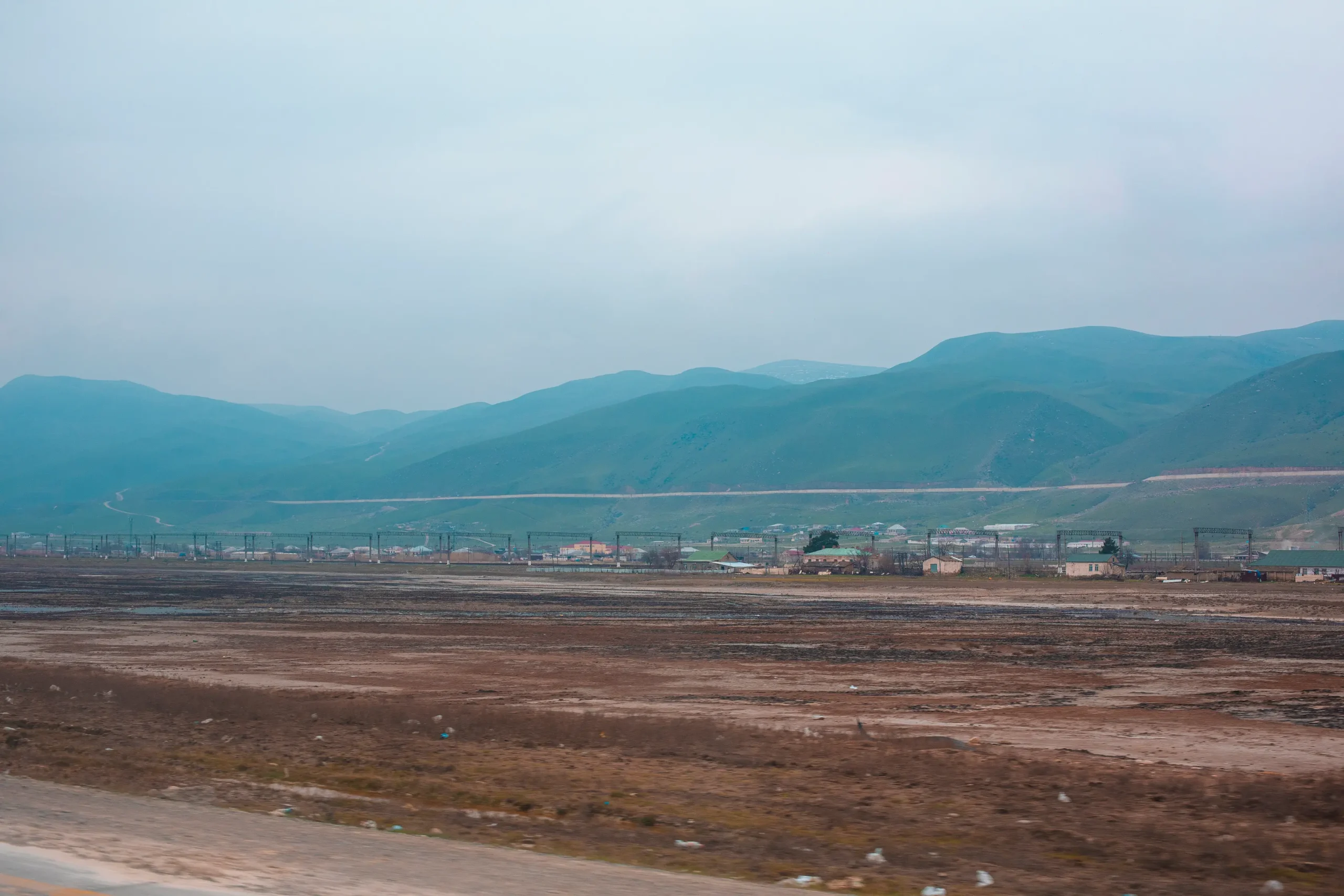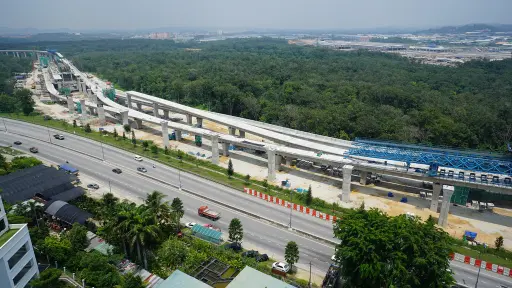
Land in Malaysia is more than just physical space — it represents heritage, wealth, and opportunity. But as the country grows, private land is sometimes required for public projects such as highways, MRT lines, schools, or flood mitigation works. When this happens, the process is known as land acquisition, and it often sparks questions and concerns from landowners, investors, and the public alike.
This guide explains what land acquisition is, how it works in Malaysia, the rights landowners have, and how compensation is determined. Whether you are a property investor, developer, or simply a homeowner, understanding this process is crucial.
What Is Land Acquisition in Malaysia?
Land acquisition is the compulsory purchase of private land by the government for public purposes or for the economic benefit of the country. It is governed by the Land Acquisition Act 1960, which sets out the legal framework for how and why land may be acquired, as well as the principles in determining compensation for the acquired land.
Common reasons include:
● Infrastructure projects (roads, railways, MRT, LRT).
● Public utilities (water, power, telecommunications).
● Schools, hospitals, or community facilities.
● Flood mitigation and environmental projects.
Read more on how natural disasters reshape the property market in Malaysia.
Landowners’ Rights in a Land Acquisition

Although land acquisition is compulsory, landowners are not powerless. Under Malaysian law, they are entitled to several key rights:
● Right to Notice – Landowners must receive formal notification once their land is earmarked for acquisition.
● Right to Compensation – Every acquisition must come with monetary compensation determined by market value and statutory guidelines.
● Right to Be Heard – Affected owners may present claims during hearings.
● Right to Appeal – If landowners are dissatisfied with the compensation awarded, they may appeal to the High Court or higher Courts for a reassessment.
These safeguards aim to ensure that while land may be taken, owners receive fair and transparent treatment throughout the process.
The Land Acquisition Process in Malaysia
Here’s a step-by-step overview of how land acquisition usually unfolds:
- Gazette Notification – The government publishes an official notice declaring its intent to acquire the land.
- Valuation – Registered valuers assess the market value of the land, structures, and improvements to determine adequate compensation as provided in the Land Acquisition Act 1960.
- Hearing of Interested Parties – Landowners and any other persons of interest are invited to present claims.
- Award of Compensation – The Land Administrator issues a written award outlining compensation payable.
- Payment & Possession – Once compensation is paid, the government takes possession of the land by virtue of Form K.
- Appeals – Landowners who feel under-compensated may appeal to the High Court and further to higher courts
Read our full guide to property valuation here.
How Compensation Is Calculated
One of the most pressing concerns for landowners is how compensations are determined. The guiding principle is market value at the date of the acquisition notice/gazette notifications.

Valuers consider:
● Market Value – Comparable transactions of similar properties in the area.
● Structures & Improvements – Buildings, crops, or other developments on the land.
● Loss of Income – If the land generates rental or agricultural income, this may be factored in.
● Disturbance Costs – Relocation expenses, business disruption, or other statutory allowances.
● Severance – Damages to the remaining land by way of severance.
● Injurious Affection – Damages to the remaining land due to the reason the land is acquired.
What compensation does not cover:
● Emotional or sentimental value.
● Speculative increases in value (e.g., expected future development not yet realised).
This is why engaging a Registered Valuer is often crucial — professional valuation helps ensure landowners receive fair and adequate compensation backed by market evidence.
Common Challenges and Criticisms
While land acquisition is legally grounded, it is not without controversy. Some common issues include:
● Perceived Undervaluation – Landowners sometimes feel the compensation undervalues their property compared to market expectations.
● Limited Legal Recourse – The law gives the government wide discretion; while appeals are possible, overturning the acquisition itself is rare.
● Delays in Compensation – Payments may be delayed in complex or large-scale projects.
● Emotional Loss – Land often carries heritage and sentimental value, which cannot be quantified in financial terms.
These criticisms highlight the delicate balance between national development needs and protecting private landowners’ rights.
Case Studies and Recent Examples

Recent projects illustrate how land acquisition plays out in practice:
● Klang Valley MRT projects – Required extensive land acquisition, sparking compensation disputes in certain areas.
● Highway expansions in Johor, Selangor and Penang – Land acquisition enabled smoother connectivity but drew criticism from affected smallholders.
● Flood mitigation works in Shah Alam – After the 2021 Taman Sri Muda floods, land was acquired to build infrastructure to prevent future disasters.
These examples show that while land acquisition often delivers public benefits, the human and financial impacts remain deeply felt.
How Landowners Can Protect Their Interests
If you own land in Malaysia, here are steps you can take to safeguard your interests:
● Engage an experienced Registered Valuer – Independent professional advice ensures fair and adequate compensation.
● Keep Records – Maintain updated documentation of land use, income, and improvements.
● Stay Informed – Watch for gazette notifications or local authority updates.
● Understand Your Rights – Be aware of compensation entitlements and appeal options.
● Seek Legal Advice – Especially if disputes arise over compensation or process.
Being proactive can make a significant difference in ensuring landowners are treated fairly.
Key Takeaways
● Land acquisition in Malaysia is compulsory but legally regulated under the Land Acquisition Act 1960.
● Landowners have rights to notice, compensation, and appeal, though the government has broad powers to acquire land.
● Compensation is based on market value and statutory allowances, but challenges around fairness and delays persist.
● Land acquisition remains essential for infrastructure and development, but it must balance national priorities with private rights.
Final Word
For more insights into Malaysia’s property market and valuation practices, stay tuned to the Raine & Horne Knowledge Centre — where industry expertise meets practical guidance.


